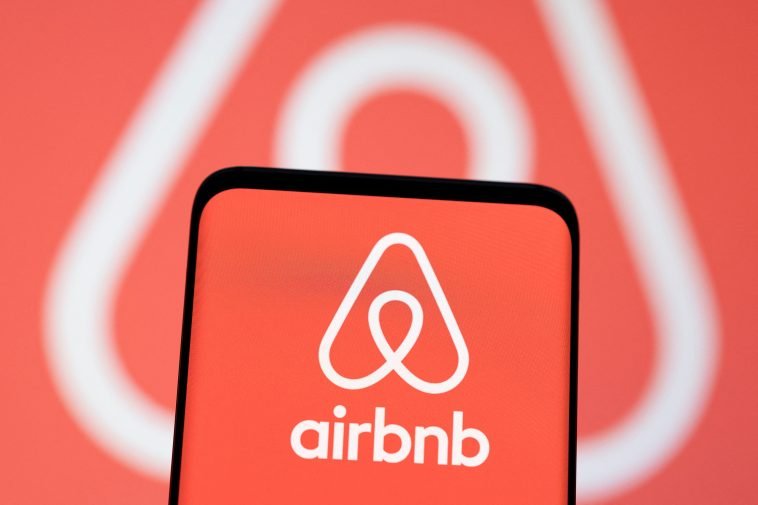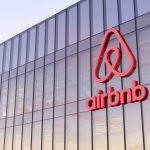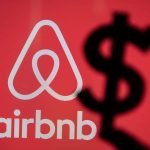Introduction.
Thinking about diving into the world of short-term rentals? Getting your first Airbnb property is a popular way to earn passive income, especially as platforms like Airbnb make it easier for new hosts to reach a huge number of travellers worldwide.
But starting isn’t just about buying a property, listing it, and watching the money roll in. There’s a lot to consider—from choosing the right location and property type to understanding local regulations and managing the day-to-day demands of hosting.
Here’s a step-by-step guide to getting your first Airbnb property. I’ll walk you through choosing the right location, budgeting, financing, setting up the property, and understanding the challenges and rewards of becoming a host.
By the end, you’ll have a clear idea of how to take that first step confidently.
How Do I Get My First Airbnb Property?
1. Understand Why You Want to Invest in an Airbnb Property
The first step in any investment is to know your goals. Are you looking to generate extra income, or do you want to build a full-time rental business?
Are you hoping to cover your mortgage, create a retirement nest egg, or simply offset the cost of a vacation property?
Knowing your goals can shape everything, from the kind of property you buy to how you manage it.
2. Research the Market and Choose Your Location Carefully.
Location is key in real estate, especially with Airbnb. Some areas are Airbnb hotbeds, while others are far less lucrative.
Factors that typically drive good Airbnb markets include tourism appeal, business travel demand, and unique attractions.
Use tools like AirDNA and Mashvisor to analyze the profitability of different areas based on occupancy rates and average nightly rates.
Example: A property in a tourist-heavy city like Miami or Nashville may yield high returns, while a more rural property could have seasonal ups and downs.
Things to Keep in Mind:
- Tourist demand: Research local events, festivals, and attractions that can drive rental traffic.
- Competition: Check the current Airbnb listings in the area to understand your competition.
- Local Regulations: Some cities heavily regulate or even ban Airbnb rentals, so check local laws before committing.
3. Budgeting and Financing Your First Airbnb Property.
Real estate isn’t cheap, and Airbnb properties come with additional costs for things like furnishings, cleaning, maintenance, and utilities. Here’s a breakdown of how to budget for these costs:
- Property Purchase Cost: This is the biggest initial expense. You’ll need to consider the down payment (typically 20-30% for investment properties) and closing costs.
- Renovations and Furnishing: If you’re buying a property that needs work, factor in renovation costs. Additionally, you’ll need to furnish it with a focus on comfort and style. On average, furnishing a one-bedroom Airbnb can cost $5,000 to $8,000.
- Maintenance and Operational Costs: These include utilities, Wi-Fi, cleaning, and ongoing maintenance. It’s wise to budget at least 20-30% of your revenue for these expenses.
For financing, traditional mortgages are an option, though some banks may charge higher rates or require larger down payments for investment properties. Short-term rental loans are another choice, or you could consider house hacking—living in part of the property while renting out the other rooms or units.
4. Create a Unique and Appealing Listing.
Once you have your property, creating a unique listing is essential. Good Airbnb listings don’t just describe the property; they sell an experience. Here are some tips:
- High-Quality Photos: Invest in professional photography if possible.
- Descriptive Yet Concise Text: Highlight the best aspects of your property and the nearby attractions.
- Dynamic Pricing: Set up a pricing strategy that adjusts based on demand, peak seasons, and local events.
Many Airbnb hosts see higher occupancy rates by setting a competitive price initially and raising it over time. Airbnb’s Smart Pricing tool can help, but external tools like Beyond Pricing or Wheelhouse offer more advanced features.
5. Manage Your Property Like a Business.
Airbnb hosting isn’t entirely passive—it requires ongoing work. You’ll need to manage guest inquiries, check-in/check-out processes, and handle any issues that arise. Here are some strategies to make this easier:
- Automate Where Possible: Use smart locks for self-check-ins, automated messages for guest communication, and cleaning services to streamline operations.
- Consider Hiring a Property Manager: This can reduce the time you spend on the property if you’re not able to manage it yourself.
- Prioritize Guest Experience: Positive reviews are the lifeblood of Airbnb. Respond quickly to inquiries, resolve issues promptly, and ensure the property is clean and well-stocked.
Pros and Cons of Airbnb Hosting.
Getting into Airbnb hosting has clear benefits, but it’s not without its downsides. Here’s a balanced look at what you can expect:
Pros:
- Income Potential: Airbnb often allows for higher returns than traditional rentals, particularly in high-demand areas.
- Flexibility: Unlike long-term leases, you can block off dates for personal use or to perform maintenance.
- Scalability: If you succeed with your first property, you can replicate the model and grow your portfolio.
Cons:
- Management Demands: Managing an Airbnb can be time-intensive, especially with guest turnover.
- Regulations and Taxes: Some cities have strict Airbnb regulations, and income is often subject to local taxes.
- Seasonal Fluctuations: Depending on your location, demand can be highly seasonal, impacting cash flow.
Frequently Asked Questions (FAQ)
Q1. Do I need a license to rent my property on Airbnb? Yes, in some cities, short-term rentals require a business license, permit, or registration. Check local laws to stay compliant.
Q2. How much should I budget for furnishings? Furnishing a property can cost $5,000-$15,000 depending on the size and quality of furnishings. Essentials include comfortable beds, quality linens, kitchenware, and a few local touches.
Q3. What should I charge per night? Nightly rates vary based on location, season, and demand. Using pricing tools like Airbnb’s Smart Pricing or third-party tools like Beyond Pricing can help optimize your rate for maximum occupancy and revenue.
Q4. Is Airbnb income guaranteed? No. Occupancy rates fluctuate, and there’s no guarantee of income. It’s important to factor in potential vacancy periods when budgeting.
Q5. Can I manage an Airbnb property remotely? Yes, you can manage an Airbnb remotely by automating tasks like check-in and cleaning. Hiring a property manager is also an option if remote management isn’t feasible.
Conclusion
Getting your first Airbnb property can be a great way to step into the world of real estate, earn passive income, and even enjoy some travel perks.
But like any investment, it’s essential to go in with a clear plan, a realistic budget, and an understanding of the local market.
So, are you ready to take the plunge into Airbnb hosting, or are there still questions that need answering before you dive in?





GIPHY App Key not set. Please check settings